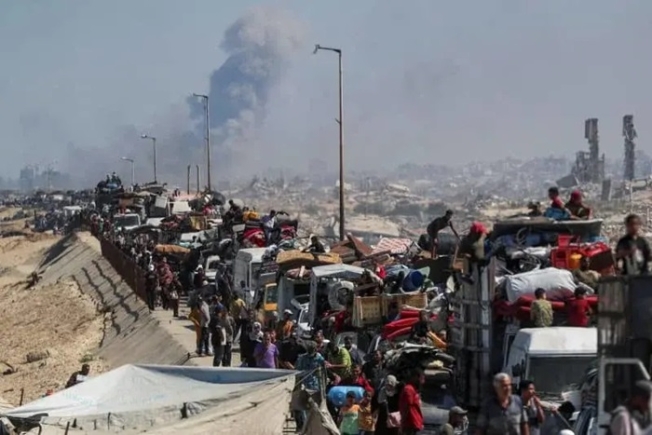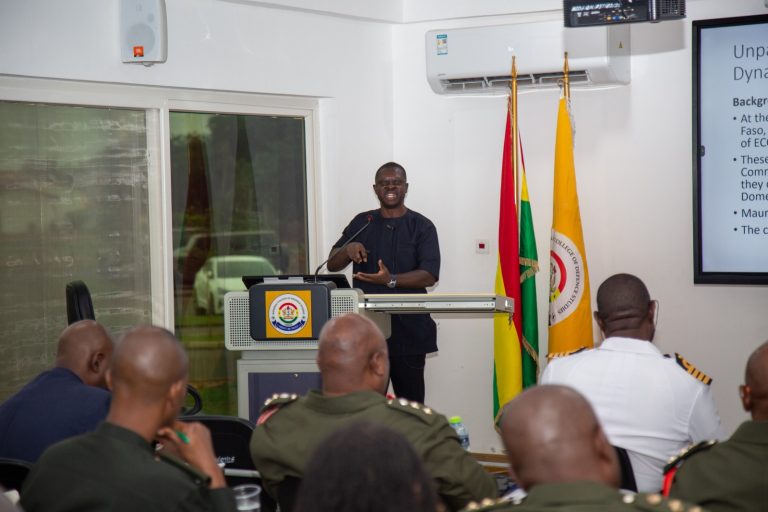The West Africa Democracy Solidarity Network (WADEMOS) joins the global community in commemorating World Press Freedom Day, with the theme: A Press for the Planet: Journalism in the Face of the Environmental Crisis, calling on leaders in the West African sub-region to demonstrate stronger commitment to the protection of the rights of journalists and civic actors.
As a network of civil society organizations in all 15 countries in West Africa, WADEMOS is deeply concerned and alarmed about the threats to freedom and civil liberties especially in countries where democracy is facing extreme forms of vulnerabilities. We further express grave concern about the spate of democratic decline in West Africa characterized by the re-emergence of military juntas and authoritarian regimes which have further exacerbated human rights abuses and restrictions on press freedom and the civic space.
Despite its importance in strengthening democracy and democratic norms and values, press freedoms in several countries in the sub-region and the continent have come under a barrage of attacks, while the civic space has shrunk due to challenges, including government bans on the use of social media, blocking of news sites, arrests of journalists, arbitrary closure of media houses, and state interference in media operations.
Reporters Without Borders (RSF) has highlighted concerns about Burkina Faso’s alarming decline in press freedom, as the government has banned about 13 international media outlets while restricting broadcasts by local media. In February this year, the Nigerien government suspended the activities of “Maison de la Presse,” a media organization dedicated to promoting dialogue and access to information.
Similarly, in Togo, years of governmental crackdown on the press and freedom of speech have contributed to shrinking the civic space, including stifling dissent views and civil society voices against the actions of the government. In Mali, the military junta banned the media from reporting on political activities, but citizens and political actors continue to call for the return to the transition timetable. In countries, such as Senegal and Guinea, there have been internet and social media shutdowns and blocks in the recent past.
These conditions are compounding the sub-region’s woes with the rise of disinformation, misinformation, and fake news, which has become a major threat to the already fragile democracy, the security, and stability of the region.
On the occasion of the International Press Freedom Day, we strongly condemn the continuous violations of press freedoms and civic liberties across the sub-region and the stifling of the civic space as a means to control the information flow and restrict the citizens’ access to factual, fair, balanced, and objective information through news censorship. As captured in the Afrobarometer survey, about two-thirds (65%) of citizens on the continent say that the media should have the right to publish any views and ideas without government control.
As a regional pro-democracy network and mindful of the various international and continental frameworks and instruments on democracy, human rights, and the rule of law, we urge all leaders, and regional and national institutions within the sub-region to foster a culture of open access to information, transparency, respect for human rights and press freedoms, in addition to free speech, and civil dialogue. Specifically, we call for adherence to national constitutions and regional frameworks that guarantee press freedoms and civic rights.
WADEMOS remains uncompromising in its commitment to advance and promote press freedom and media independence in West Africa and on the continent. We believe that a strong press and a vibrant civic space are crucial pillars of democracy, good governance, and a sphere for citizen involvement in democracy and development.



